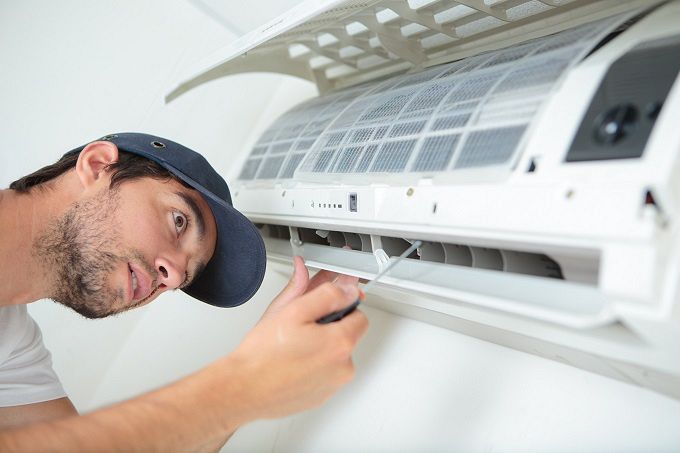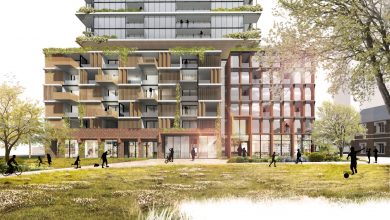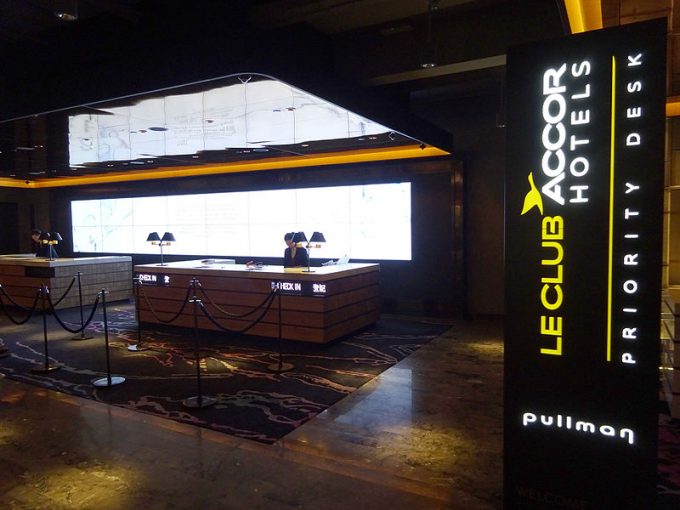
It’s getting hot in here so fix the air conditioning
An oh too familiar phone call received by the front desk of any accommodation provider is undoubtedly one that has been provoked by an unruly air conditioning remote. (Or, more likely, a guest’s inability to navigate said air conditioning remote.)
Even in winter, guests love nothing more than to stick on the air-con, kick back with a blanket and relax. Is it the novelty? As families continue to feel the effects of an ongoing, global recession; air conditioning is generally something reserved for extreme heat at home. While holidaying, people might like the perceived novelty of being able to flick on the cool air with no underlying financial pressure.
Of course, if this is the case then it doesn’t show much concern for the manager that must bear the cost, which is why capping temperature is an essential part of any commercial system. Either way, whether an accommodation property is a motel, hotel, or block of serviced apartments, temperature control is a staple when it comes to caring for guests.
How much do guests care about in-room air conditioning?
According to TripAdvisor’s 2016 TripBarometer: “Globally, 63 percent of travellers said air conditioning is a must-have when choosing a place to stay. That makes it more of a deal-breaker than breakfast (40 percent) or a swimming pool (26 percent).”
For this reason alone, it is essential to insist that your chosen air conditioning system has user-friendly controls.
System controls
At the very least, how clear can you make user instructions? It might seem obvious to management or housekeeping, but many guests won’t have a clue how to use the remote. It isn’t always as simple as an ‘on’ and ‘off’ switch, particularly when there are multiple units, timers and fluctuating temperatures involved.
To avoid those oh too familiar phone calls to the front desk, a sign or note situated somewhere obvious in the room detailing how to work the air conditioning in the room is invaluable.
Refurb and repairs
Air-conditioning systems come in a variety of shapes and sizes, which makes repairing and servicing them a more complex endeavour than most guests would appreciate.
Upgrading an air conditioning system altogether can also present some, perhaps, unforeseen difficulties.
The main incentives for regular maintenance and repairs are, first and foremost, guest health and safety. Longevity of life for the machine itself is another key imperative.
If allowed to dirty and fester, air conditioning units may swiftly become a breeding ground for harmful bacteria and mould. Legionnaires’ disease is one nasty consequence that can result from microorganism growth in badly maintained air conditioning. The cooling tower is the part of the system that can really promote these health hazards, so it is vital that they be kept resolutely spick and span with a chorine treatment or other recommended maintenance upkeep.
If rooms are kept too cold, it can also dry out guests’ airways leaving them prone to infection and illness. The same goes for staff, which is why air conditioning in lobbies and common areas should also adhere to the same strict maintenance schedule. Humidifiers are another option to counteract this dryness and many air conditioning systems now come with a variety of dehumidifying settings for the sticky summer months that prevent rooms from becoming too chilly.
Energy efficiency
Some type of dehumidifier setting is also handy over the hot season when it comes to limiting power consumption. If guests are allowed to eat a property’s energy bill by flipping the air conditioning all the way down to sub-zero temperatures, it won’t just burn a whole in management’s pocket. The environment is a pressing issue (or should be) for all who like to breathe.
Sadly, instant gratification is too much for so many people to resist that it’s essential to put as many restrictive air conditioning measures in place as possible.
Of course, you still want your guests to be comfortable so there is a fine line to be towed.
What about HVAC?
Heating, ventilation and air conditioning (HVAC) systems are uniquely situated on this front because they combine a lot of these features. While this aids convenience it also means that special care must be taken to make sure they are well maintained. The HVAC industry has a representative body called the Australian Institute of Refrigeration, Air Conditioning and Heating. Phil Wilkinson, executive manager – government relations and technical services at the institute, told AMG: “The industry has a lot going on at the minute. The two biggest drivers for change are: COP21 emissions reduction drivers – net zero buildings by 2015, and a new phase-down of refrigerants (HFC refrigerants, which are the super greenhouse gases) – the alternative refrigerants all have new safety issues to consider.”
He also listed three things accommodation managers should make sure are happening to keep their HVAC systems in pristine condition:
“Monitor energy-use and use the data to identify issues”
“Ensure effective maintenance regimes are in place”
“Make sure the building is running as it was designed through tuning/retrocommissioning”

AccomNews is not affiliated with any government agency, body or political party. We are an independently owned, family-operated magazine.






